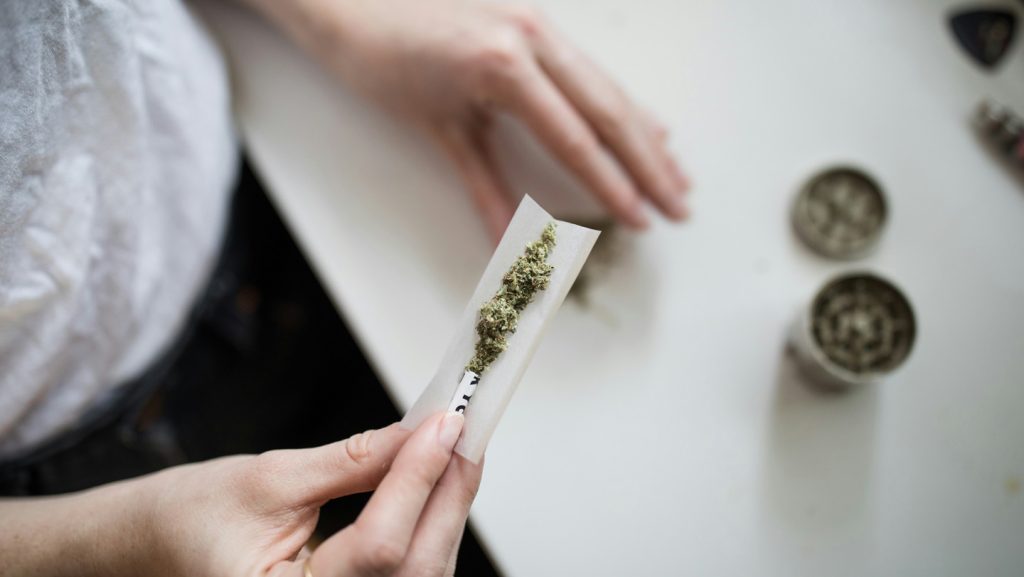Cannabis and Female Fertility: Filling the Research Gap
When Canada legalized cannabis in 2018, women’s health researcher Cyntia Duval found herself curious about an understudied area: how cannabis might affect female fertility. While abundant research existed on marijuana’s effects during pregnancy and on male fertility, there was a surprising lack of information about its impact on women trying to conceive. This discovery motivated Duval, then at the University of Toronto, to investigate this critical research gap, leading to revealing findings recently published in Nature Communications.
The study focuses on delta-9-tetrahydrocannabinol (THC), the primary psychoactive component in marijuana. THC works by binding to cannabinoid receptors throughout the body, including those in our reproductive systems. These receptors naturally interact with endocannabinoids—molecules our bodies produce that play essential roles in normal physiological functions, including egg and sperm production. When someone consumes cannabis, the THC can disrupt this delicate system. Previous research had established that cannabis use can decrease sperm count and motility, leading to recommendations that men avoid cannabis for at least three months when trying to conceive. However, the effects on women remained largely unexplored.
Studying female fertility presents unique challenges compared to male fertility research. Women are born with all the immature eggs they’ll ever have, with typically just one egg maturing monthly after puberty. This limited access to study material has hindered research progress. Duval, now working at Toronto’s CReATe Fertility Centre, found an innovative solution by analyzing eggs and surrounding fluid collected during in vitro fertilization (IVF) procedures. IVF provides a rare opportunity to study human eggs, as women undergoing the procedure receive hormones that stimulate multiple eggs to mature simultaneously, which are then collected for fertilization.
The research team analyzed samples from 1,059 women who underwent IVF between 2016 and 2023. In the fluid surrounding eggs from 62 of these women, they detected THC, suggesting recent cannabis consumption. Intriguingly, women with higher THC levels in their reproductive fluid tended to have more mature eggs retrieved during their IVF cycles. This initially appears beneficial, as having more mature eggs could theoretically increase chances of successful fertilization. However, further investigation revealed a concerning trade-off.
When Duval’s team artificially matured eggs in laboratory conditions and exposed them to THC, they discovered a troubling effect: these THC-exposed eggs frequently contained chromosomal abnormalities. Eggs with improper chromosome counts are significantly less likely to develop into viable embryos. Even if fertilization occurs, these abnormalities often lead to failed implantation in the uterus or result in pregnancies that aren’t viable. This finding suggests that while THC might increase egg maturation, it could simultaneously compromise egg quality in ways that ultimately reduce fertility.
Duval emphasizes that only a much larger study could definitively determine whether these effects translate to decreased conception rates in women who use cannabis. However, these preliminary findings provide valuable insights into how THC might influence female fertility—helping to fill a significant knowledge gap in reproductive health research. “We have information about the male part. We have information about pregnancy, but there was a gap,” Duval notes. This study represents an important step toward providing women with evidence-based guidance about cannabis use when trying to conceive, similar to the recommendations already available for men.


